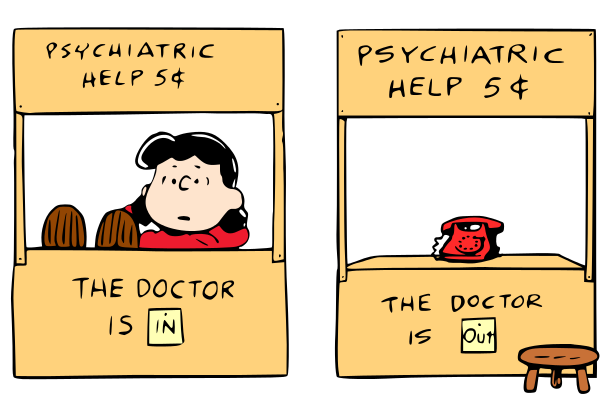As recruiters, we help candidates change jobs, improve their current situation, and in the end put them in a place where they will work more motivated, earn more money and get a better career perspective. We act as a kind guide to them.
We help them change from a static place to a new job where they’ll feel more inspired.
Change involves a process where candidates accomplish a variety of success. They can become the person they want to be in the right work environment they always dreamt, and the stability they need in their lives.
We position ourselves as the person who guides them to make that wish become true.
In the recruitment process and until we get to the contract signed, we sometimes go through many difficulties to make that hiring happen. Think about all the objections we deal with during the recruitment process.
Think about how crucial it is to take the right decision when changing a job. Even if this sounds cheesy to you, yes, I’m convinced we change lives. The new role will impact their families & friends, lifestyle, energy, objectives, all of it.
Before we get there, it is convenient to make a difference between what kind of problems we solve, whether it be internal or external.
External problems give solutions to physical problems and linked to survival, like get a job and get money. Candidates want to work in a motivational job/project.
Internal problems give solutions to people’s frustration, for example, feeling stuck in your career.
If you work on a candidate-driven market like me, we don’t help candidates find jobs; we help them solve their internal problems. Along with all of the frustrations, they have linked to their current professional situation.
An inferior need is to get a job, is to satisfy the basic human need to survive in the current society. If you work on a candidate-driven market, you probably realize that a better salary is not enough to make a candidate change jobs.
The more we emphasize with their superior needs, the more effective recruitment you do.
The more you’ll understand their frustrations at work, the closer you will position yourself to their REAL need.
Keep in mind these two questions:
- What kind of frustrations solve your job-offers?
- What is the most profound meaning for them to change the job?
Most of the candidates we approach want to get better, want to become someone with new skills developed, more capacities, move forward in their lives.
Understanding the difference between inferior and superior needs will make your life easier and get better results.
If you explain the candidate’s in which area you help them to solve their problems, trust me, you have more chances to say yes to your job.
All this internal and external need has a meaning today if you think in the context we recruit.
Why is it important we understand your candidate’s frustrations?
Typically, human resources had a role in validating and rejecting people. It is only in the last years that many recruiters have been obliged to learn new tactics on how to reach candidates and become more sourcers than recruiters.
Identifying and connecting with your candidate’s frustrations, allow you to provide you much more value because you talk to their pain, you speak in the same language.
In general, Recruiters/HR people are not well-known to be the most empathic people. Nowadays, never before candidates want to talk to recruiters don’t waste their time, we all want to give a better use of our and people’s time. This is probably what also looks when dealing with other professionals.
In the last months, I’ve been focusing on using this formula and candidates say to me that they are glad to deal with a person who understands them and as a result, they are much more open to talking.
The difference is huge. I don’t mean that I have increased the number of hiring I have, which is the case, but I am talking about the sense of relationships that are so much grateful for both parties.
